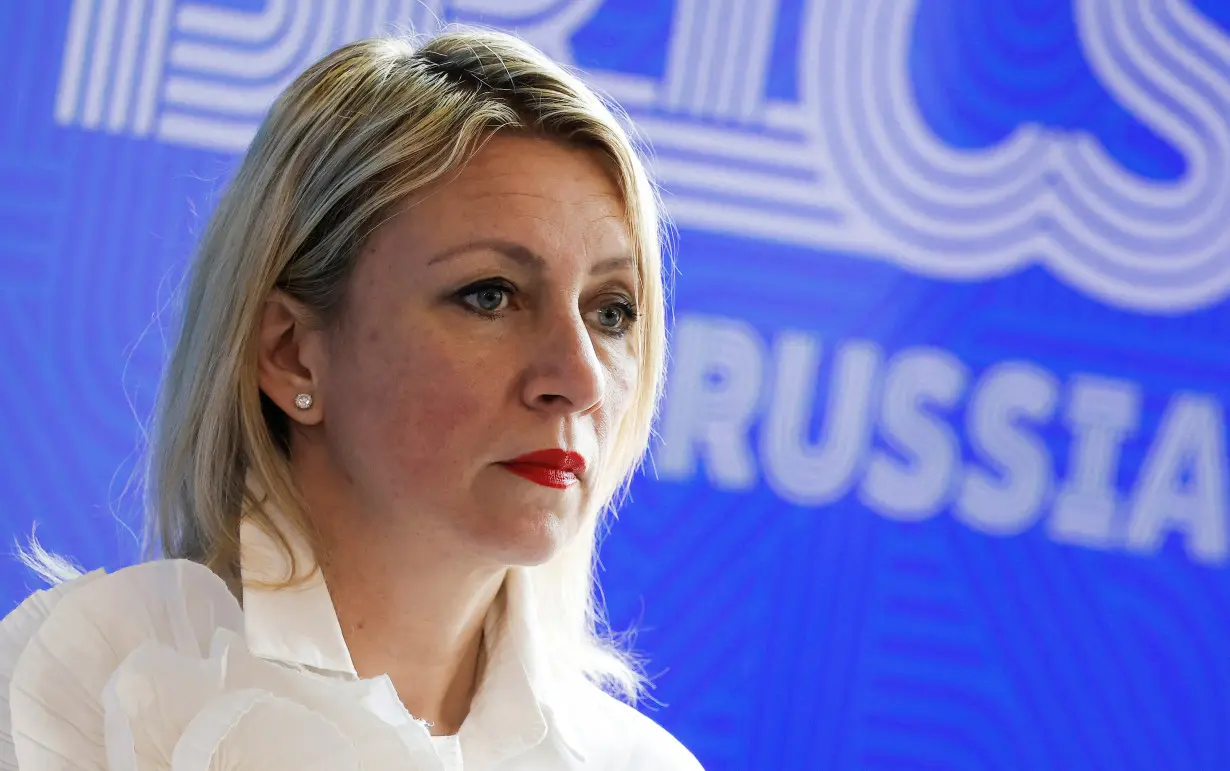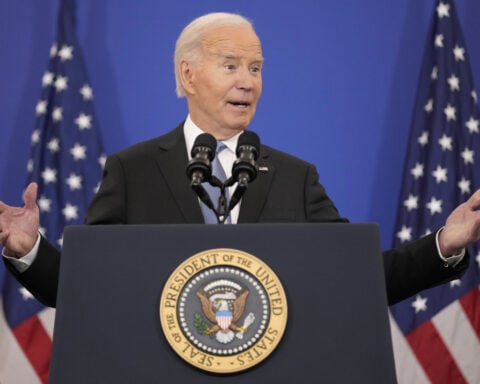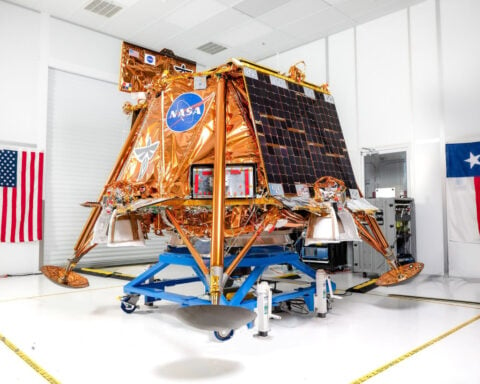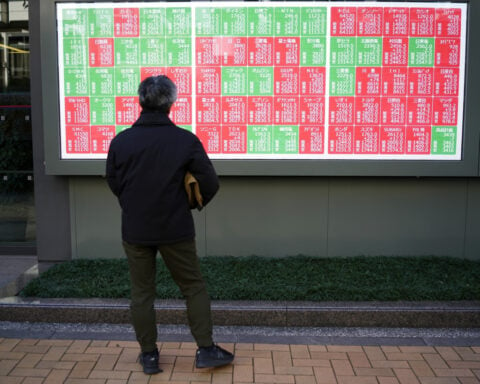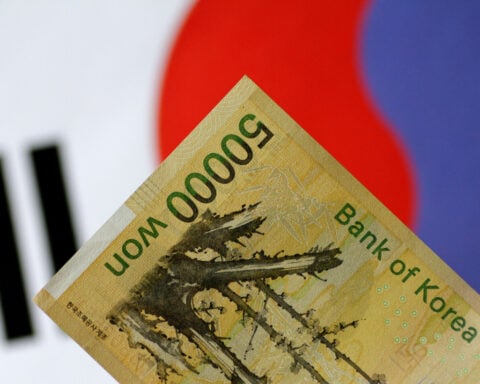By Dmitry Antonov
MOSCOW (Reuters) - Russia said on Wednesday that its partnership with China was not aimed against third countries but the two powers could "combine potential" if faced with a threat from the United States.
"I would like to remind you that Moscow and Beijing will respond to 'double containment' by the United States with 'double counteraction'," Foreign Ministry spokeswoman Maria Zakharova said when asked about a possible deployment of U.S. missiles in Japan.
The Japan Times reported on Sept. 7 that the United States had expressed an interest in deploying a Typhon mid-range missile system to Japan for joint military exercises.
"It is clear that both Russia and China will react to the emergence of additional and very significant missile threats, and their reaction will be far from being political, which has also been repeatedly confirmed by the two countries," Zakharova told reporters at her weekly briefing.
She said Russia and China had a strategic partnership that was not aggressive in its intent.
"Our relations are not directed against third countries... and double counteraction does not contradict this. This is a defensive position, this is not an initiative to target other countries," Zakharova said in answer to a question from Reuters.
"But if an aggressive policy of attack is being implemented against us from one centre, why don't we combine our potential and give an appropriate rebuff?"
Presidents Vladimir Putin and Xi Jinping signed a "no limits" partnership deal in 2022, less than three weeks before Putin sent his troops into Ukraine. In May this year they agreed to deepen what they called their "comprehensive partnership and strategic cooperation" for a new era.
The two countries have not declared a formal military alliance, although Putin last week described them as "allies in every sense of the word".
Russia and China have staged military exercises together, including naval drills that started on Tuesday. Putin, overseeing the launch of the manoeuvres, warned the United States against attempts to outgun Russia by building up its military power in the Asia-Pacific region.
(Reporting by Dmitry Antonov; Writing by Mark Trevelyan; Editing by Philippa Fletcher)

 Stock market today: Asian stocks mixed ahead of US inflation data
Stock market today: Asian stocks mixed ahead of US inflation data
 TikTok seeks to reassure U.S. employees ahead of Jan. 19 ban deadline
TikTok seeks to reassure U.S. employees ahead of Jan. 19 ban deadline
 US won't seek charges in unarmed Black motorist Ronald Greene's fatal 2019 arrest
US won't seek charges in unarmed Black motorist Ronald Greene's fatal 2019 arrest
 Euro zone households could increase consumption, ECB chief economist says
Euro zone households could increase consumption, ECB chief economist says
 Foreigners sold South Korean equities last month by most since early 2020
Foreigners sold South Korean equities last month by most since early 2020
 As fires ravage Los Angeles, Tiger Woods isn't sure what will happen with Riviera tournament
As fires ravage Los Angeles, Tiger Woods isn't sure what will happen with Riviera tournament
 Antetokounmpo gets 50th career triple-double as Bucks win 130-115 to end Kings' 7-game win streak
Antetokounmpo gets 50th career triple-double as Bucks win 130-115 to end Kings' 7-game win streak
 Zheng loses to No 97 Siegemund, Osaka rallies to advance at the Australian Open
Zheng loses to No 97 Siegemund, Osaka rallies to advance at the Australian Open
